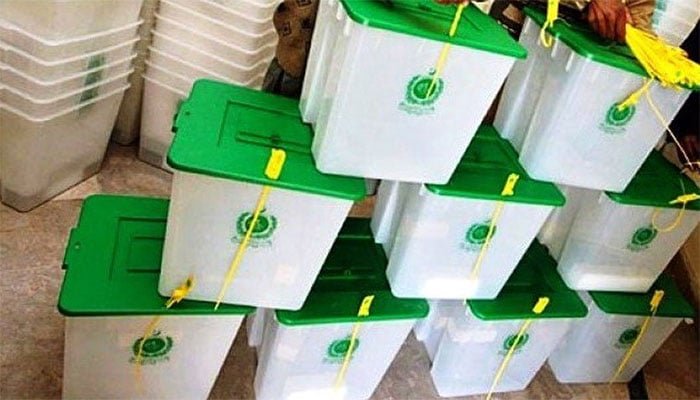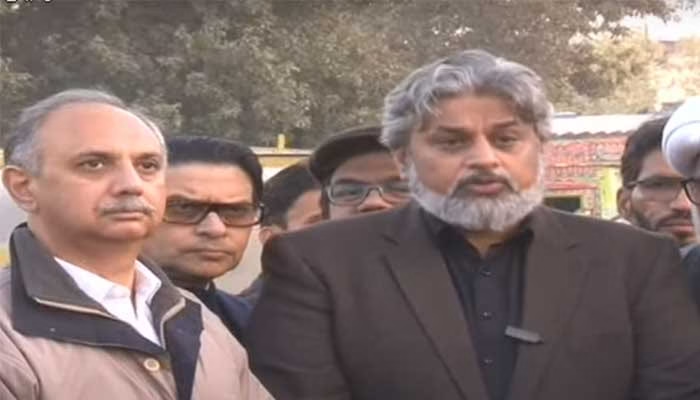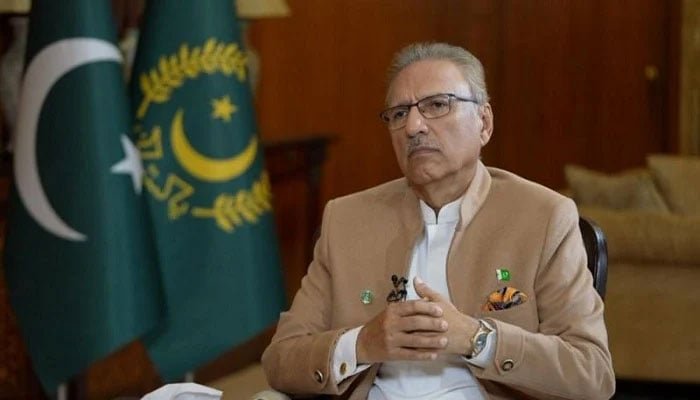In a dramatic turn of events, Pakistan’s Prime Minister Imran Khan may receive unexpected support from retired General Kamar Javed Bajwa in the ongoing Saifur case. Following the recent hearings in the spyware case, Imran Khan addressed the media, stating, “I will include General Bajwa and the officials of the US Embassy as witnesses in the case.”
Sources close to the discussion with the former army chief suggest that General Bajwa might not disappoint Imran Khan. It is reported that Bajwa is prepared to testify as a witness in the Saifur case, although clearance from military authorities may be required.
Imran Khan had accused General Bajwa of acting on Donald Trump’s orders, a claim contradicted by various testimonies, including statements from the former Secretary of Foreign Affairs and the Pakistani ambassador to the United States.
The Saifur case involves confidential communications between the Pakistani ambassador and Donald Lu. Following the discussion, the ambassador sent a memorandum to the Foreign Ministry, a standard practice in such matters. However, tensions escalated when Saifur, though deemed offensive, prompted the ambassador to not only recommend issuing a demarche to Washington but also raised concerns within the National Security Committee twice.
In a move that echoes past political events, both during Imran Khan’s government and later during Shahbaz Sharif’s tenure, the Saifur case remains clouded with uncertainty. However, Imran Khan insists that it was a conspiracy to destabilize his government.
Imran Khan’s narrative conflicts with Saifur’s major witnesses, raising three critical points: firstly, the covert use of private communications for personal and political gain; secondly, damaging Pakistan’s relations with the United States; and thirdly, mishandling or withholding documents.
Witness statements submitted by the ISI reinforce Imran Khan’s position, suggesting that the Saifur case was a ploy against the government. However, these statements also imply that the use of Saifur’s texts may have been part of a broader strategy to create distrust within the entire security apparatus.
As the Saifur case unfolds, Imran Khan’s stance appears to be undermined by the weight of substantial testimonies. The former Prime Minister’s insistence on a conspiracy against his government is at odds with statements that suggest he exploited Saifur’s content for his political advantage and attempted to discredit the security establishment.
While the Saifur case remains a complex legal and political puzzle, it is evident that Imran Khan’s attempt to weave a narrative of external interference has encountered significant challenges, with multiple key figures contradicting his version of events.



